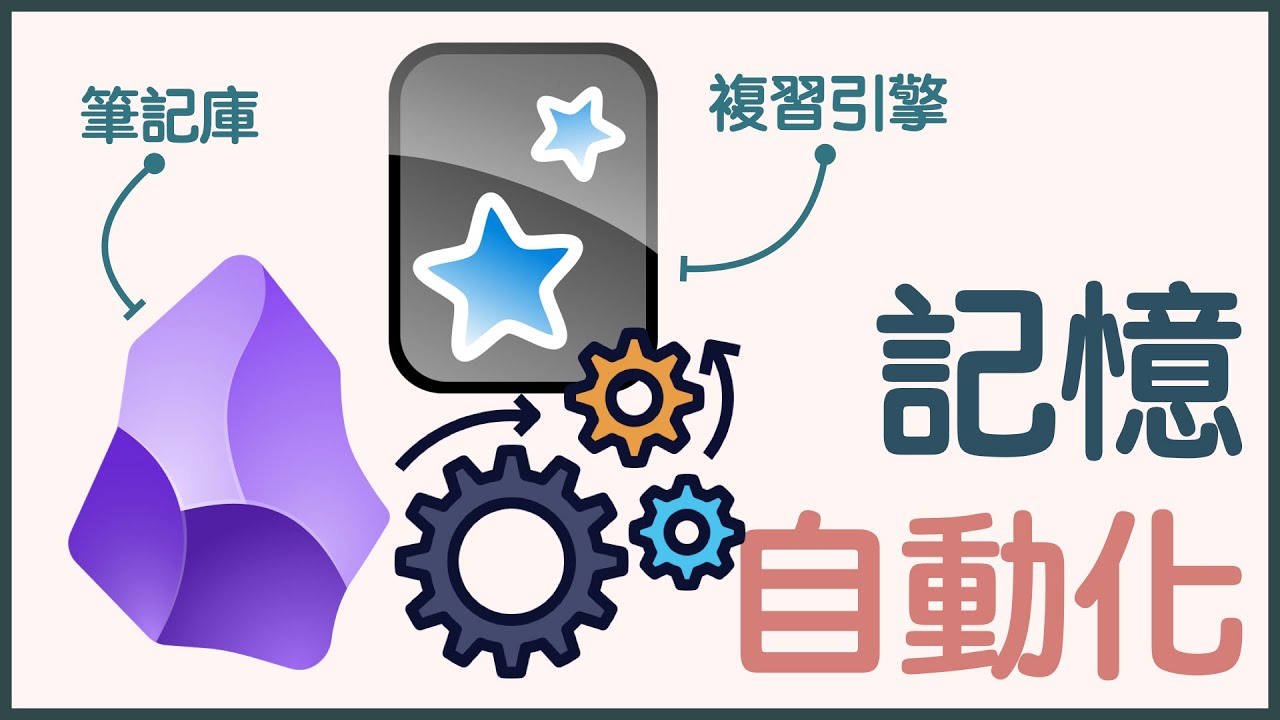Which is better, Handwriting or Typing?
Summary
TLDR视频脚本探讨了使用iPad或其他电子设备进行笔记与手写笔记之间的学习效果差异。演讲者质疑了手写笔记能够更好促进学习和信息保留的普遍观点,并深入分析了一篇被广泛引用的研究论文《笔比键盘更强大》。通过研究的详细解读,演讲者发现,尽管手写笔记可能更自然地促使人们深入思考,但并没有确凿的证据表明它在学习效果上明显优于键盘输入。此外,演讲者认为,如果能够教会学生如何有效地使用键盘进行笔记,可能会提高他们的认知处理能力。最终,演讲者得出结论,将继续使用键盘进行笔记,并认为没有必要转向iPad进行手写笔记。
Takeaways
- 🤔 视频中讨论了是否购买iPad,以及手写笔记是否比键盘输入更有助于学习和记忆的问题。
- 🔍 视频作者对“笔比键盘更有力”的研究论文进行了深入分析,这是被引用最多的相关研究。
- 📚 研究发现,即使仅用于记笔记,笔记本电脑的使用也可能导致更浅层的处理,从而影响学习。
- 💭 论文中使用了一些不明确的概念,如“更深层次的处理”,但并没有给出明确的定义或解释。
- 📝 论文指出,学生普遍认为在课堂上使用笔记本电脑是有益的,但这可能基于对有效学习和记笔记的误解。
- 👩🏫 论文提出,教授们通常认为使用笔记本电脑的学生在课堂上更容易分心。
- 🧐 视频作者对论文中的一些假设和研究方法提出了批评,认为研究可能存在偏见。
- 📈 论文中的研究结果表明,手写笔记在概念性问题上表现更好,而笔记本电脑记笔记则在事实性问题上没有显著差异。
- 🔑 论文提出,有效的记笔记方法比记笔记的工具(手写或键盘)更重要。
- 💻 视频作者最终得出结论,将继续使用键盘进行记笔记,而不是转向iPad或手写笔记。
- 📘 作者强调,教育中应教授如何在键盘上有效记笔记,而不是仅仅依赖于传统的手写笔记方法。
Q & A
为什么作者在视频中提到不喜欢手写笔记?
-作者认为手写笔记并不比键盘笔记更好,因为他通过键盘记笔记已经能很好地记住信息。
视频中的研究论文叫什么名字?
-研究论文的名字是《笔比键盘更强大》。
什么是浅层处理,为什么作者对这个术语感到困惑?
-浅层处理指的是对信息的表面理解,作者困惑是因为论文中没有清楚地解释这个术语的具体含义。
作者在视频中对哪些学习环境进行了比较?
-作者比较了通过YouTube视频、在线讲座和文章学习与实际课堂讲座的学习环境。
为什么作者认为自我报告的学习效果可能不准确?
-作者认为学生对自身学习效果的自我报告可能存在误判和误解,导致对笔记方法的错误认知。
研究论文中的实验发现了哪些关于键盘和手写笔记的事实性信息?
-研究发现,使用键盘和手写笔记在记事实性信息方面没有显著差异。
作者提到在课堂上使用笔记本电脑容易分心,这种观点有何问题?
-作者认为即使没有笔记本电脑,学生也会因为其他因素而分心,因此仅将分心归因于笔记本电脑是不合理的。
研究中的“编码假设”是什么意思?
-编码假设指的是在记笔记时通过处理信息将其编码到记忆中的过程,研究认为这种处理有助于学习和记忆。
在研究的第三部分,增加了什么新的实验变量?
-在研究的第三部分,增加了一个条件,即参与者在测试前有10分钟的时间复习笔记。
作者最终得出了什么结论?
-作者认为无论是手写笔记还是键盘笔记,关键在于如何思考和处理信息,良好的笔记方法和适当的练习更为重要。
Outlines

このセクションは有料ユーザー限定です。 アクセスするには、アップグレードをお願いします。
今すぐアップグレードMindmap

このセクションは有料ユーザー限定です。 アクセスするには、アップグレードをお願いします。
今すぐアップグレードKeywords

このセクションは有料ユーザー限定です。 アクセスするには、アップグレードをお願いします。
今すぐアップグレードHighlights

このセクションは有料ユーザー限定です。 アクセスするには、アップグレードをお願いします。
今すぐアップグレードTranscripts

このセクションは有料ユーザー限定です。 アクセスするには、アップグレードをお願いします。
今すぐアップグレード関連動画をさらに表示
5.0 / 5 (0 votes)






